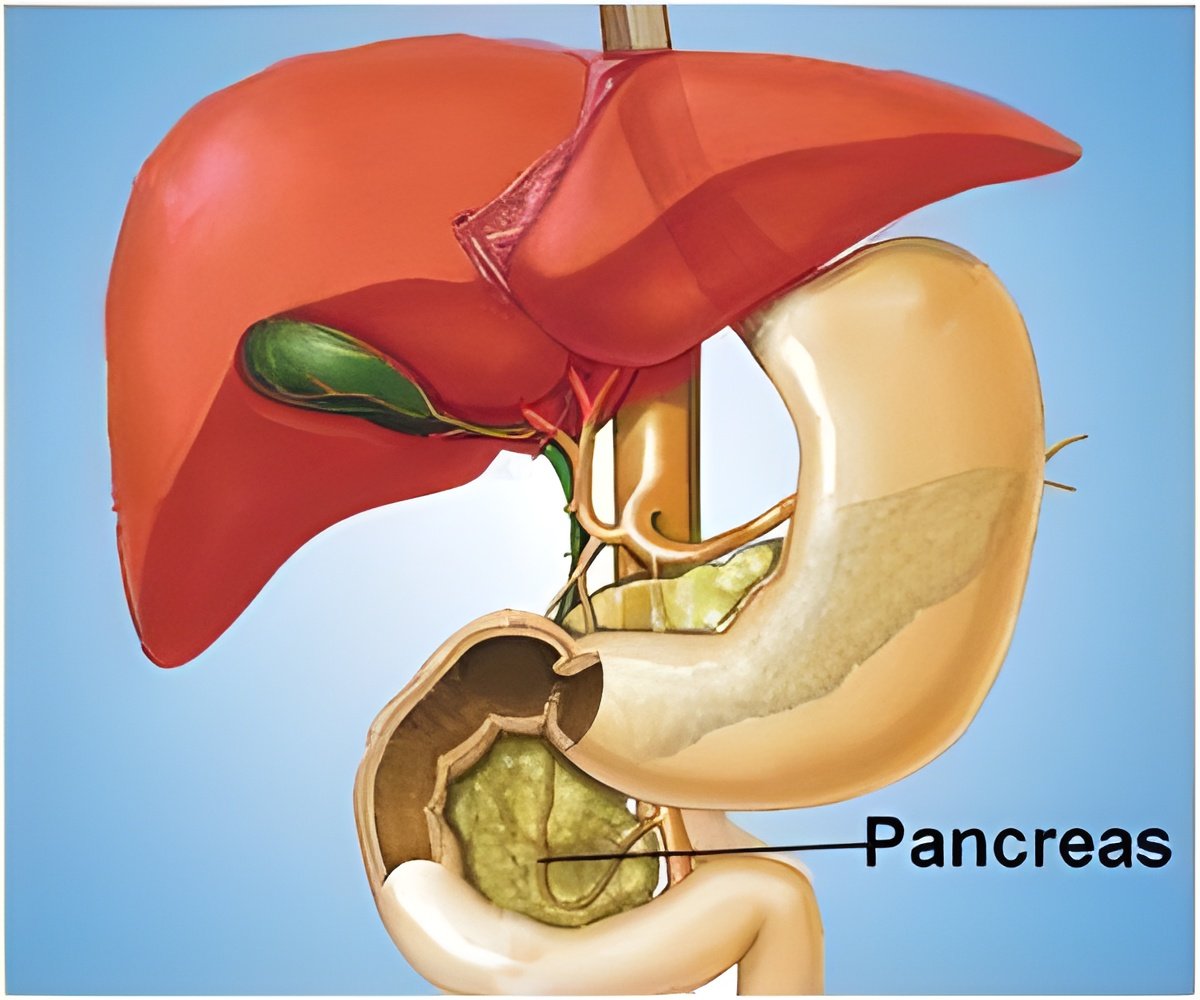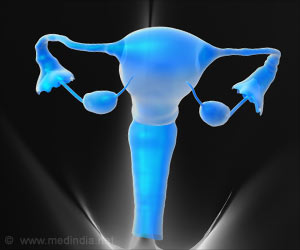
A recent study showed that the medicines Glucagon-like peptide-1receptor agonists (known as GLP-1 receptor agonists) prescribed for type 2 diabetes and obesity may reduce the risk of acute pancreatitis in individuals suffering from type 2 diabetes or obesity. This study was presented on Saturday in the Endocrine Society’s annual meeting in Boston, Mass, at ENDO 2024 (1✔ ✔Trusted Source
GLP-1 medications for type 2 diabetes and obesity may lower risk of acute pancreatitis
).
The lead researcher Mahmoud Nassar, M.D., Ph.D., from the Division of Endocrinology, Diabetes, and Metabolism in the Jacobs School of Medicine and Biomedical Sciences at the University at Buffalo in Buffalo, N.Y., mentioned that doctors have been careful when prescribing these medications to patients with a history of pancreatitis because of the potential risk of exacerbating the condition. This caution is noted in the prescribing information. Acute pancreatitis refers to the sudden inflammation of the pancreas.
Nassar commented, “Our research highlights the safety and the potential for GLP-1 receptor agonists to reduce the risk of acute pancreatitis recurrence in individuals with obesity and type 2 diabetes, challenging previous concerns and offering new hope for effective disease management,”.
Study Details:
The data used by the researchers was sourced from TriNetX, a large database with information on approximately 127 million patients from 15 countries, predominantly the United States. Within this database, they identified 638,501 individuals with a prior occurrence of acute pancreatitis. Their focus was on adult patients with diabetes and obesity and those who had been diagnosed with acute pancreatitis. The researchers aimed to investigate whether specific medications for diabetes and obesity (namely, GLP-1 receptor agonists, SGLT2 inhibitors, and DPP4 inhibitors) had an impact on their likelihood of experiencing pancreatitis again.
The researchers analyzed a variety of medications in each category to assess the potential impact on pancreatitis risk. In addition, they examined various patient traits, including age, gender, body mass index (BMI), and blood test results, to gain insight into different patient groups.
In order to assess the likelihood of pancreatitis, the researchers monitored the recurrence of pancreatitis in patients over a period of 5 years after initiating their medication. They conducted comparisons between patient groups taking various medications, ensuring that they were matched based on similar patient characteristics.
Upon comparison, patients in the GLP-1 group exhibited a lower risk of recurrence of acute pancreatitis (15.2%) as compared to the 24% in the SGLT2 inhibitor group. When compared to individuals taking DPP4 inhibitors, the GLP-1 group showed a recurrence risk of 14.4%, while the DPP4 inhibitor group had a risk of 23.3%. Furthermore, when compared to patients not taking any of these other medications, the GLP-1 group displayed a recurrence risk of 14.5%, whereas the comparison group had a risk of 51.6%.
Advertisement
Nassar stated, “This study provides critical insights that could change the treatment landscape for patients with obesity and type 2 diabetes, particularly those with a history of acute pancreatitis,”.
“The possibility of using GLP-1 receptor agonists more broadly offers hope for better managing these conditions, improving patient outcomes and enhancing quality of life. It emphasizes the importance of personalized medicine, where treatment decisions are tailored to the individual’s specific health profile and needs.”.
Advertisement
In conclusion, GLP-1 medications seem to offer a promising solution for controlling diabetes and obesity while reducing the risk of acute pancreatitis.
Reference:
- GLP-1 medications for type 2 diabetes and obesity may lower risk of acute pancreatitis – (https://admin.endocrine.org/news-and-advocacy/news-room/2024/endo-2024-press-nassar)
Source-Medindia



